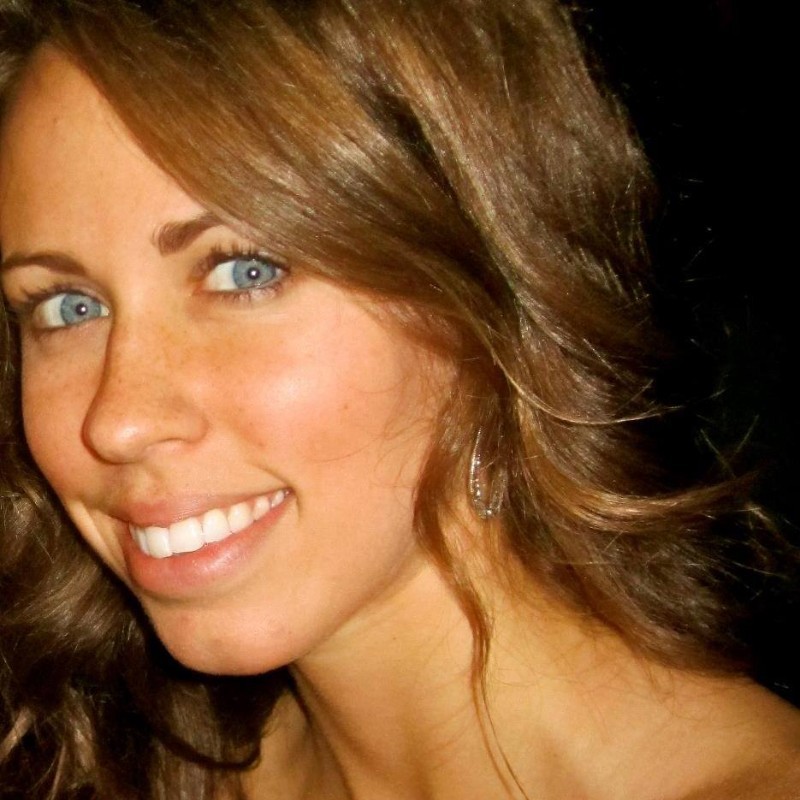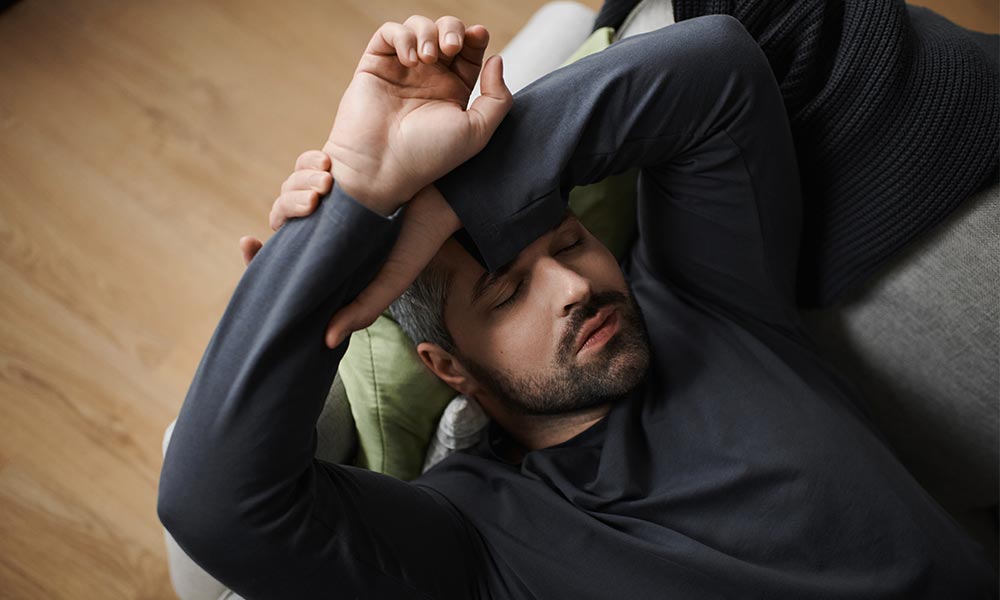
What Is Dry Drunk Syndrome and How Does It Affect Addiction Recovery?
Key Points
- Dry drunk syndrome refers to a person who has stopped drinking alcohol but continues to struggle with the lasting effects of addiction.
- Dry drunk syndrome is common among people who quit using substances on their own without a recovery program.
- Without treatment, dry drunk syndrome can increase the risk of a relapse or replacing the past addiction with other addictions or harmful vices.
- Continuing addiction treatment to address the social, emotional, and psychological factors in substance use can inspire hope and resolve toward healing.
Recovery from alcohol addiction has the ultimate goal of sobriety, but it should also come with healing and self-improvement. However, not everyone who reaches sobriety experiences the emotional growth necessary for long-term, sustained abstinence, which is known as being a “dry drunk.”
Learn more about dry drunk syndrome, why it happens, and how you can seek help for yourself or a loved one to reach true recovery.
What Is Dry Drunk Syndrome?
The term “dry drunk syndrome” arose from the creators of the 12-Step program, Alcoholics Anonymous. It was defined in the 1970 book, “The Dry Drunk Syndrome” by author R.J. Solberg as “the presence of actions and attitudes that characterized the alcoholic prior to recovery.”[1]
Generally, someone with dry drunk syndrome will have stopped drinking alcohol. However, they still struggle with the lasting effects of addiction, like strained relationships with their loved ones, unhealthy habits, and other emotional challenges. They haven’t dealt with the emotional struggles that led them to addiction in the first place.
Dry drunk syndrome is more common among people who quit an addictive substance on their own without the support and guidance of professionals. Those who undergo professional addiction treatment programs are less likely to experience dry drunk syndrome.
Causes of Dry Drunk Syndrome
Sobriety is different from recovery. Dry drunk syndrome, which may also be referred to as “white knuckling,” means you’re not drinking but still experiencing cravings or struggling with the emotional and psychological issues that contributed to problem drinking. Dry drunk syndrome can also occur with post-acute withdrawal syndrome (PAWS), or withdrawal symptoms that last much longer than the initial withdrawal period.[2]
Aside from the unresolved aspects of addiction that block true healing and recovery, dry drunk syndrome can increase the risk of developing another addiction that replaces alcohol use disorder (alcohol addiction).
Signs and Symptoms of Dry Drunk Syndrome
The signs and symptoms of dry drunk syndrome can vary but may include:[3]
- Anger and negativity toward recovery
- Resentment toward family and friends who have made them stop drinking
- Romanticizing the past days of drinking alcohol
- Depression or anxiety
- Fear of relapse
- Jealousy of friends who don’t struggle with addiction
- An obsession with self
- Wanting to be the center of attention
- Fear of an inability to change
- Mood swings that range from depression to extreme happiness
- Trouble communicating with others
- Refusal to acknowledge the problems caused by addiction
- Replacing addiction with vices or other addictions, such as excessive internet use or food addiction
Understanding the Psychology of Dry Drunk Syndrome
Many addictions arise from the need for a coping mechanism or an escape from reality. It’s a misconception that addiction is a matter of willpower and that all it takes is quitting the substance and staying sober. In reality, someone struggling with addiction had underlying factors that drove them to substance use in the first place, so removing just the substance isn’t enough to make them “feel better.”
Dealing with dry drunk syndrome can be overwhelming – it’s a struggle to continue each day without the substance of choice. Recovery can be a painful, deeply personal process that uncovers emotional pain, past trauma, and unhealthy thought or behavioral patterns to reach self-awareness and accountability. Stopping the drug or alcohol use is the “easy” part – doing the emotional work is longer, deeper, and more challenging.
Treatment Options for Dry Drunk Syndrome
If someone is experiencing dry drunk syndrome, they must reenter treatment. This can be difficult, since part of dry drunk syndrome is a negative perception of recovery. However, quitting before the work is done can significantly increase the risk of relapse and start the process all over.
Often, people with dry drunk syndrome will become discouraged or suggest that they don’t need treatment because they haven’t drunk or used substances in a while. They may have a defeatist attitude toward therapy or support groups since they don’t feel better after meetings.
Depending on the needs of the individual, revisiting different levels of care can make a big difference, especially if co-occurring disorders like depression or anxiety are also present. Inpatient treatment can continue as it would right after detox, just without the cravings and physical discomfort of early recovery, and provides supervision and intensive support for the emotional, psychological, and social aspects of addiction.
For people needing less intensive support and requiring flexibility to balance day-to-day life, outpatient programs with individual and group therapy sessions or 12-Step support groups can help. These programs promote accountability, self-reflection, and shared experiences to inspire hope and encouragement to work toward recovery.
Some other helpful programs for dry drunk syndrome include:
- Cognitive behavioral therapy (CBT), which helps to identify unhelpful thoughts or behavioral patterns and learn positive change
- Dialectical behavior therapy (DBT), which can reduce negative behaviors and thoughts to promote a positive outlook on recovery and limit self-defeating attitudes
- Motivational enhancement (MI), which can increase intrinsic motivation and address ambivalence toward addiction and recovery
Get Help for Dry Drunk Syndrome and Reach Recovery
Dry drunk syndrome can be difficult for the person experiencing it and their family and friends. However, it can be overcome with comprehensive addiction treatment that focuses on the underlying emotional and psychological factors, not the substance use itself, and provides ongoing support and guidance.
Frequently Asked Questions About Dry Drunk Syndrome
Why Is It Called “Dry Drunk?”
The term “dry drunk” comes from Alcoholics Anonymous (AA) and implies that although the person is physically sober (dry), they’re still mentally or emotionally stuck in the addiction mindset of “being a drunk.”
Is Dry Drunk Syndrome a Relapse?
No, dry drunk syndrome isn’t necessarily a relapse. Someone with dry drunk syndrome isn’t drinking. However, they do have a high risk of relapse because they haven’t addressed the underlying causes of substance use disorders or adopted healthier coping strategies.
What Causes Dry Drunk Syndrome?
Dry drunk syndrome usually occurs when someone quits a substance on their own, rather than with a professional recovery program. It can develop from skipping the emotional or psychological recovery work, not engaging in therapy or recovery groups, suppressing feelings, trauma, or unresolved grief, or having unrealistic expectations about sobriety.
Can Someone Have Dry Drunk Syndrome Years After Quitting Alcohol?
Yes, dry drunk can happen at any point in sobriety, especially if someone in substance abuse recovery begins to isolate themselves, avoids emotional growth work, or becomes complacent. Ongoing personal development and accountability are important.
Can Dry Drunk Syndrome Affect Relationships?
Yes. Continued negativity, defensiveness, or emotional unavailability can strain relationships with loved ones who may feel like “nothing has changed,” even though the person is sober.
Is Dry Drunk Curable?
No, dry drunk isn’t curable, but it can be managed with support and willingness, just like addiction.
Sources
[1] Solberg, R. J. (n.d.). The dry drunk syndrome. Google Books. Retrieved from https://books.google.com/books/about/The_Dry_Drunk_Syndrome.html?id=b3H1tUOJ0rgC on 2025, April 30.
[2] T, B. (2023, December 12). Trying to get sober? here’s how to cope with dry drunk syndrome or paws. Verywell Mind. https://www.verywellmind.com/dry-drunk-syndrome-63281
[3] Sussex Publishers. (n.d.). Is there a “Dry drunk” in your life? Psychology Today. Retrieved from https://www.psychologytoday.com/us/blog/from-heartache-to-hope/201105/is-there-a-dry-drunk-in-your-life on 2025, April 30.


